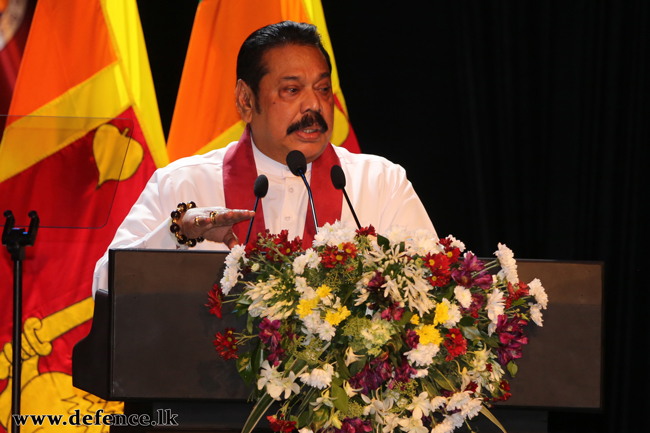
Writing for the diplomat Tamil journalist, J.S Tissainayagam, rebukes the claim that Tamil’s are “moving away from regional Tamil-nationalist parties – focused on ethnic rights, wartime accountability, and power-sharing” and towards groups focused on “economic development”. Instead, he argues that contrary to this narrative, Tamil demands for rights and justice remains just as widespread and resolute as ever.
Tamil politics since the end of the armed conflict
.jpg)
